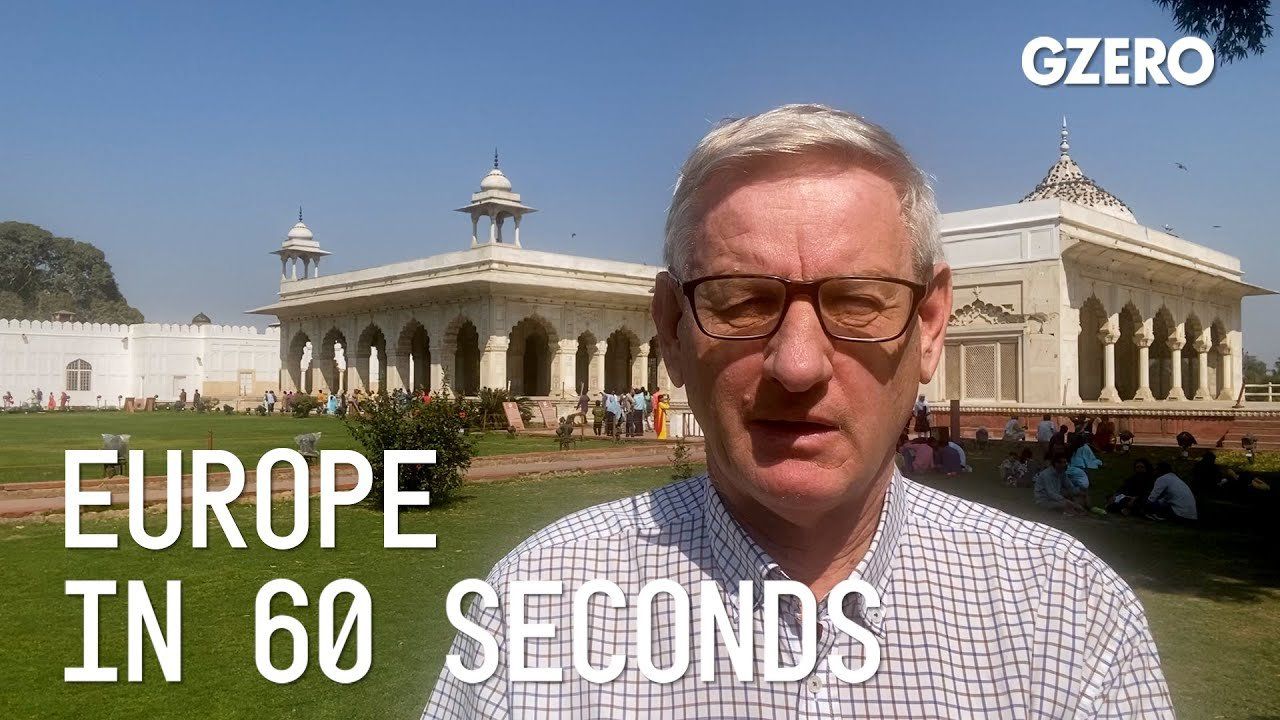
Carl Bildt, former prime minister of Sweden, shares his perspective on European politics from Delhi, India.
What was the outcome of the foreign ministers meeting of the G-20 countries here the other day?
Well, the Indians are trying to get the G-20 to focus on food security, energy security, to be the voice of the Global South in a complicated global situation. But of course, the meeting was dominated by the controversy over Russia's war with Ukraine. And while the Indonesian chairmanship last year managed to get the agreement on the text on that particular issue, this time the Russians, followed by the Chinese, are distinctly not. And the end result was there was no agreement. The Indians, anyhow, issued a communique noting that the Russians and the Chinese did not object and tried to focus the meeting as much as they could on issues that they considered important, rightly so, for the Global South in terms of the effect of the conflict.
Is the Brexit story over?
No, no, the Brexit story ain't over. But hopefully there is a solution to the issue of trade with Northern Ireland. And Prime Minister Sunak is saying that Northern Ireland has a unique position having access or could have access both to the British market, you know, rest of the United Kingdom and of course through the integrated European EU market. It doesn't really mention that that is something that the United Kingdom as a whole could have had had it not done the rather stupid move of Brexit some years ago.